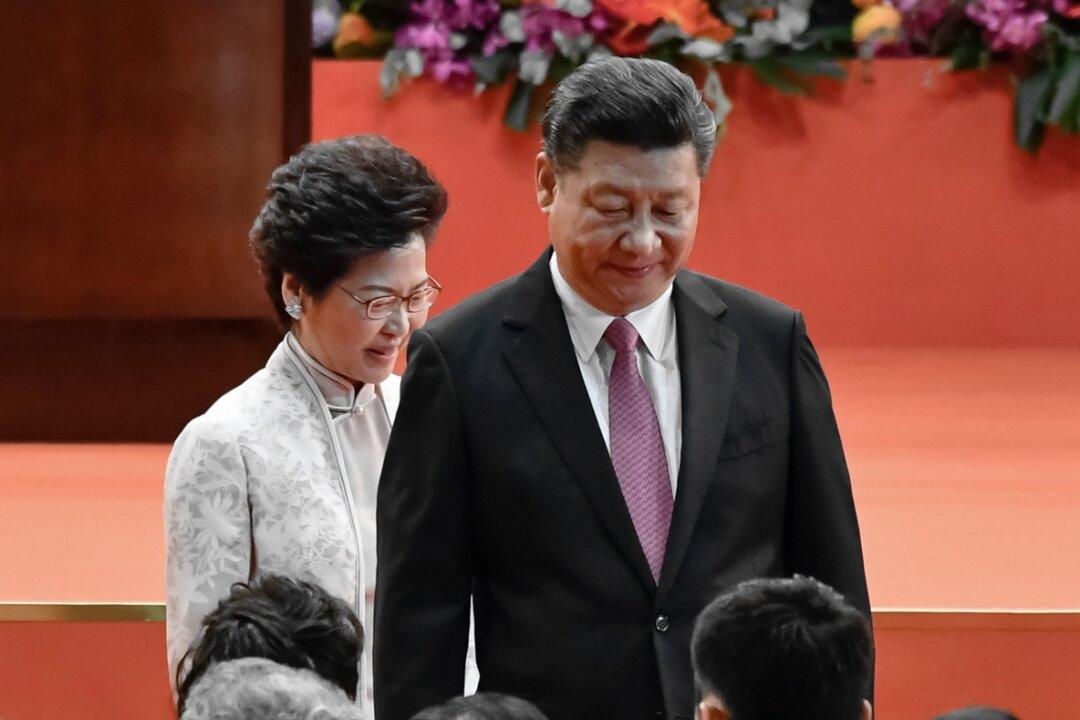The Chinese regime is considering replacing its official liaison to Hong Kong, as it struggles to handle the ongoing crisis in the city, Reuters reported on Nov. 25.
The outlet also reported, citing unnamed sources, Beijing has established a crisis command center in the mainland border city of Shenzhen where top regime officials meet to deliberate on strategy in response to the protests.





